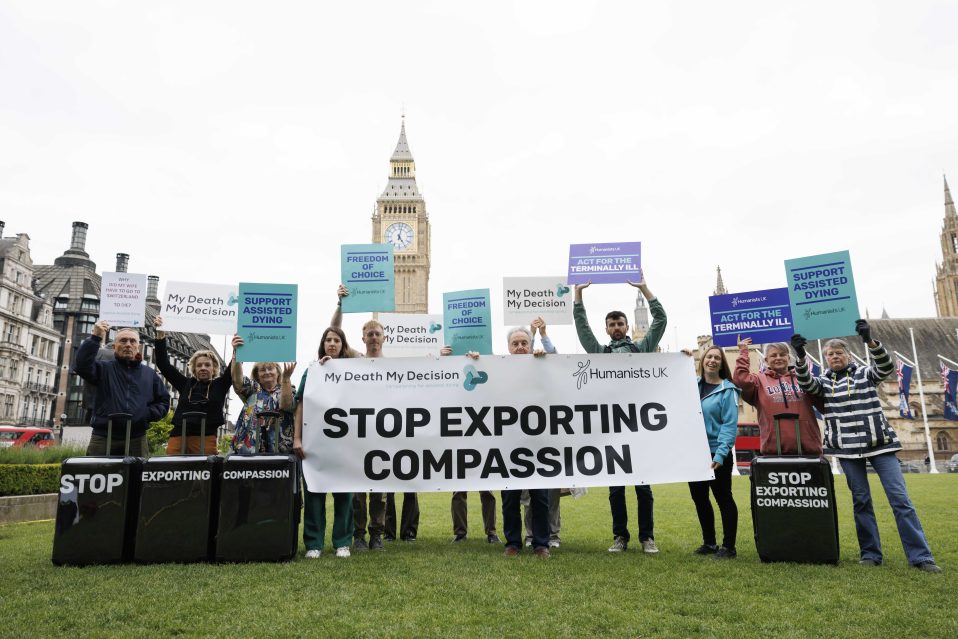MDMD is pleased to see that an assisted dying bill in Victoria is making good progress, having passed a vote in the lower house by 47 to 37. The Bill still needs to pass a vote in the upper house.
See this BBC report, for example. More details are provided in the Dignity in Dying news story.
While the bill is a significant step forward, it is restricted to the “terminally ill”. In the case of Victoria, this is defined as being diagnosed with an incurable disease, illness or medical condition that is expected to cause death within 12 months. It is interesting that Victoria chooses a 12 month condition rather than the 6 months used in US states, or the “reasonably foreseeable” death, with unspecified time duration, used in Canada. Switzerland, the Netherlands and Belgium do not have a time limit in their assisted dying legislation.
The bill proposed for the UK and rejected by the House of Commons in September 2015 followed the Oregon model and was restricted to those with a life expectancy of 6 months or less.
Which time limit, (if any), should be used? Why should terminally ill people in the UK whose life expectancy is between 6 and 12 months be denied the opportunities that those in Victoria may soon have? MDMD would like to see clarification on this from those, like Dignity in Dying, who both welcome the developments in Victoria, but seek to restrict assisted dying in the UK to those who are within 6 months of dying. It they publish explanations of their position, we will gladly link to them here.
From the MDMD perspective, we consider any time limit to be arbitrary, and at best a first step towards a more inclusive criterion. Perhaps this is necessary caution. But time limits are impossible for doctors to accurately predict and unfairly exclude people who may have to suffer for many years – such as Tony Nicklinson, Omid, and dementia sufferers like Alex Pandolfo.








Recent Comments